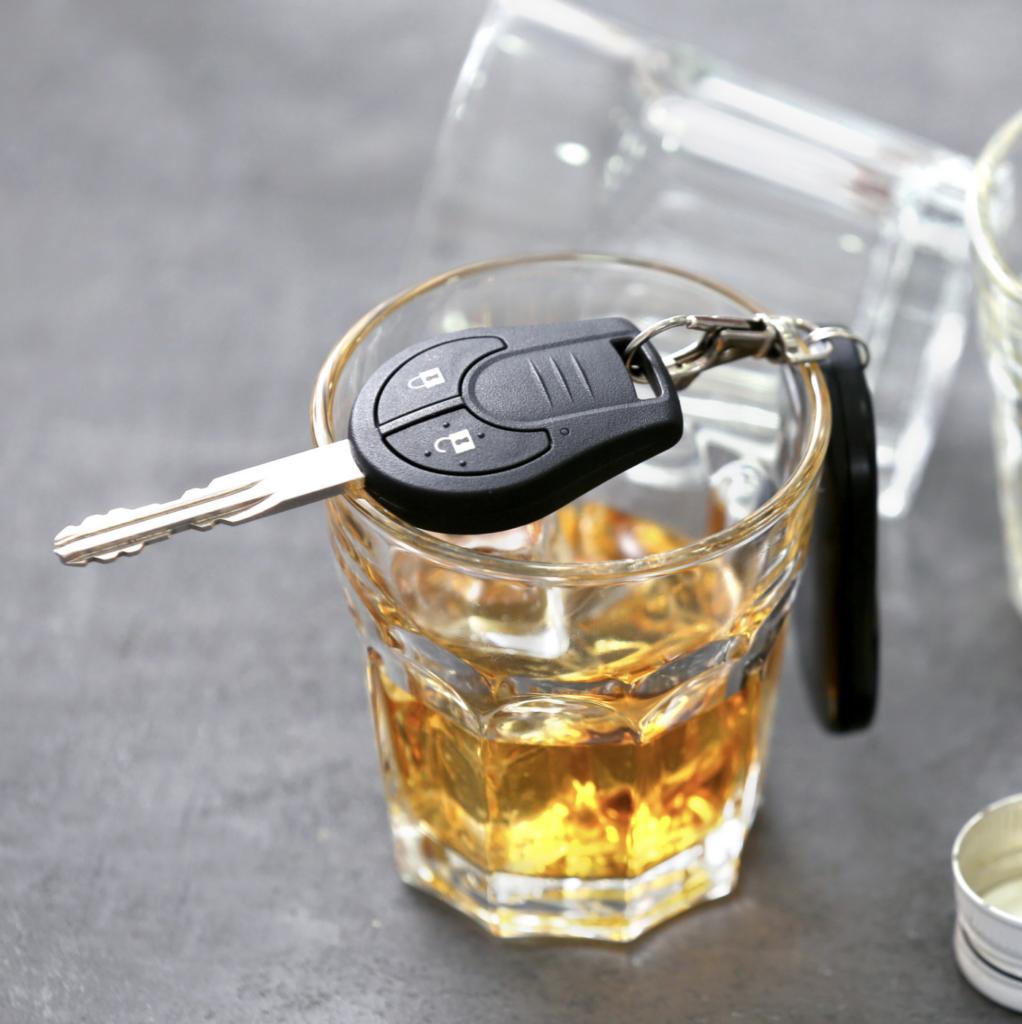
According to Government figures, collisions caused by drink drivers represent a staggering 17% of all road deaths, and the number of incidents is at the highest level it has been in 15 years. Data released in July 2024 shows that drink driving fatalities are less than the final decades of the 20th century. But they are of a similar rate to the fatalities in the late 1980s. Read on to see what could happen if you have been charged with a drink driving offence, what the legal limits are, and whether there are any possible defences….
Looking at some statistics released by the RAC:
- Drink Driving represents 17% of all road deaths (as mentioned above)
- Male drivers are responsible for 79% of all collisions
- Female drivers are responsible for 20% of all collisions
- 13% of people said they would have at least one large alcoholic drink and drive home
- 7% of people admitted to drink driving whilst knowing they were over the limit
When reviewing drink driving casualty rates in the UK, London was the lowest at 2.5%. In comparison, Wales ranked at 7.3%. Many people assume London’s bustling city nightlife would put it at the higher end for drink driving rates, yet most rely on public transport to get around.
What are the legal limits? (UK and Wales)
- 35mg of alcohol in 100ml of breath
- 80mg of alcohol in 100ml of blood
- 107mg of alcohol in 100ml of urine
Many factors affect alcohol levels in the body. For example, your height and weight, sex, stress, the amount of food you’ve eaten that day and, of course, the alcohol content of the drink you’ve consumed.
All magistrates use Sentencing Guidelines in court. The penalty for a drink driving offence depends on any aggravating and mitigating factors.
What happens when you are charged with drink driving?
Drink driving offences are littered with technicalities, loopholes and red tape. All of which make it much easier to defend a case like this, however it is always important to know the penalties. These can include:
- 6 months in prison
- A £5,000 fine
- Community Service
- A minimum 12 month driving disqualification
Other problems you could face include:
- Becoming a High Risk Offender
- Limited employment prospects
- A significant increase in your car insurance costs
- Difficulty travelling & obtaining visas
Will I get a criminal record?
Yes, if you are convicted or plead guilty . A criminal record stays with you for life, but the conviction becomes spent after five years. This means it’s not disclosable to employers, insurance companies or anyone who asks you.
Will I get a driving ban?
Drink driving carries a mandatory driving ban. The minimum disqualification period is 12 months, however this increases depending upon the alcohol level.
Will I need a solicitor?
If you want to enter a not guilty plea, a solicitor is essential. First of all, a solicitor will be able to obtain the evidence against you and explain your options. They will also be able to identify any technical defences which you might overlook. Public speaking does not come naturally to most people. Solicitors are trained professionals who can secure the best outcome whatever the decision.
Will I go to prison?
In the many years we have been practicing, M.A.J has seen less than a handful of cases go to prison for drink driving – however Magistrates do have the power to send people to prison for drink driving if the offence is severe enough, combined with poor evidence. This is, however, very rare.
Are there any defences?
Yes. Of course. Because of the technicalities surrounding drink driving offences, you can still avoid a conviction even if you were over the limit. Our team of solicitors regularly win drink driving cases due to error in police procedures, incorrect calibration of machines, incorrect breath readings and poor evidence. See our list of full defences here.
NEXT STEPS: Free Legal Advice from M.A.J Law
Charged with a drink driving offence and worried about what may happen next? We offer every motorist free specialist initial advice no matter what your circumstances. Give us a call today on 0151 422 8020 and one of our legal experts will be happy to talk you through the next steps. Or alternatively watch our video where our senior solicitor, Conor, goes through the best defences and loopholes for your case.




.png)